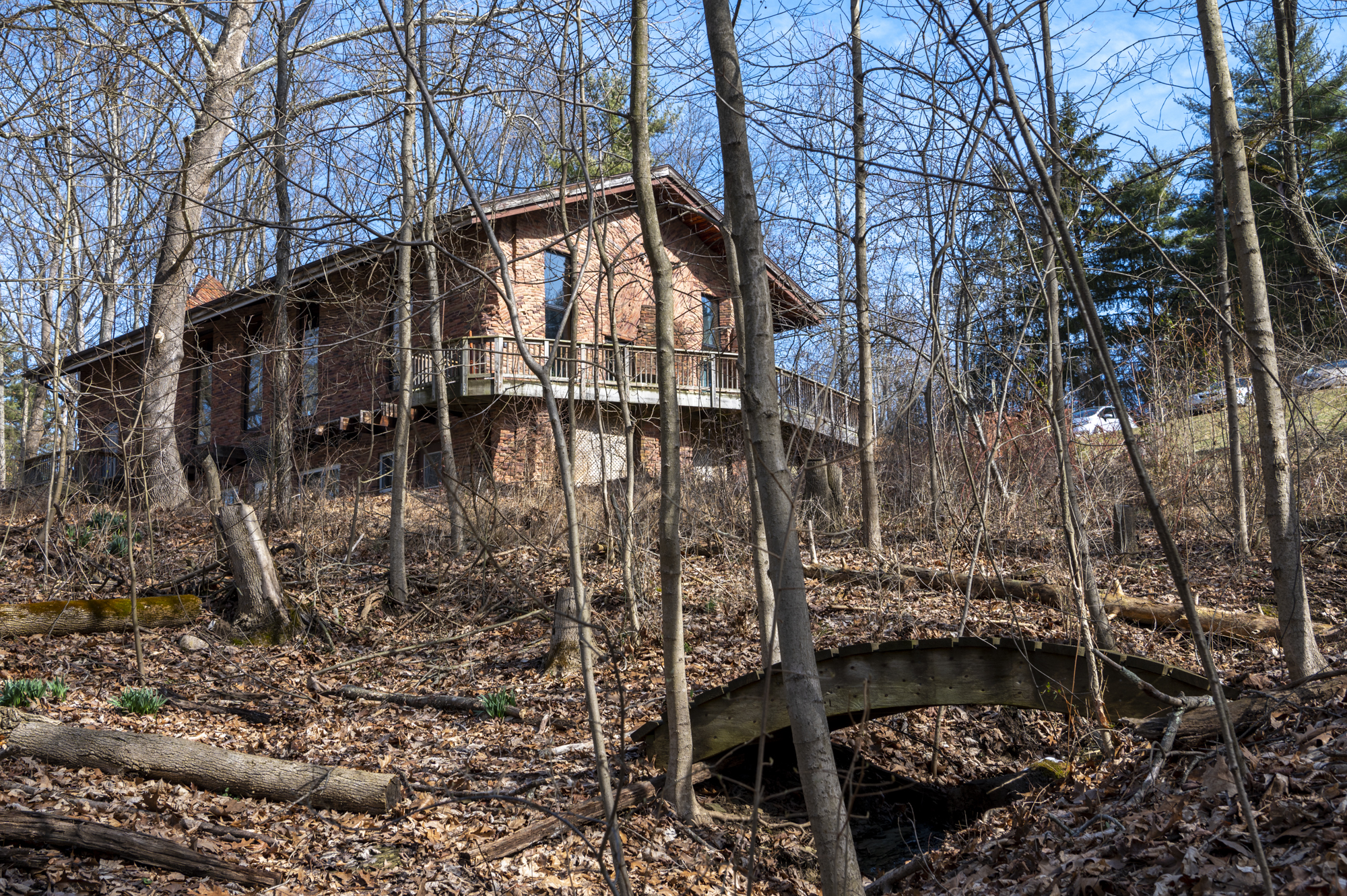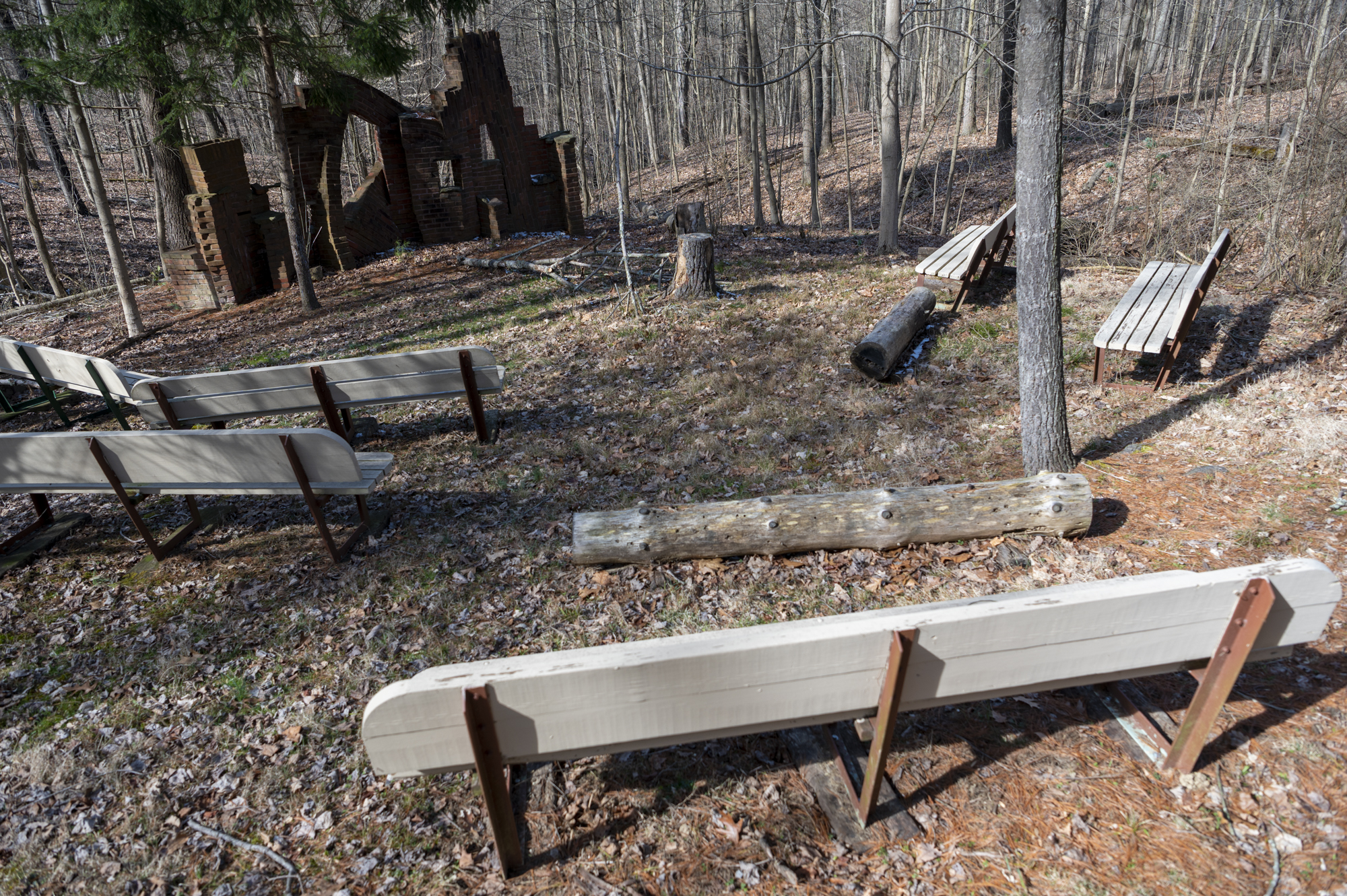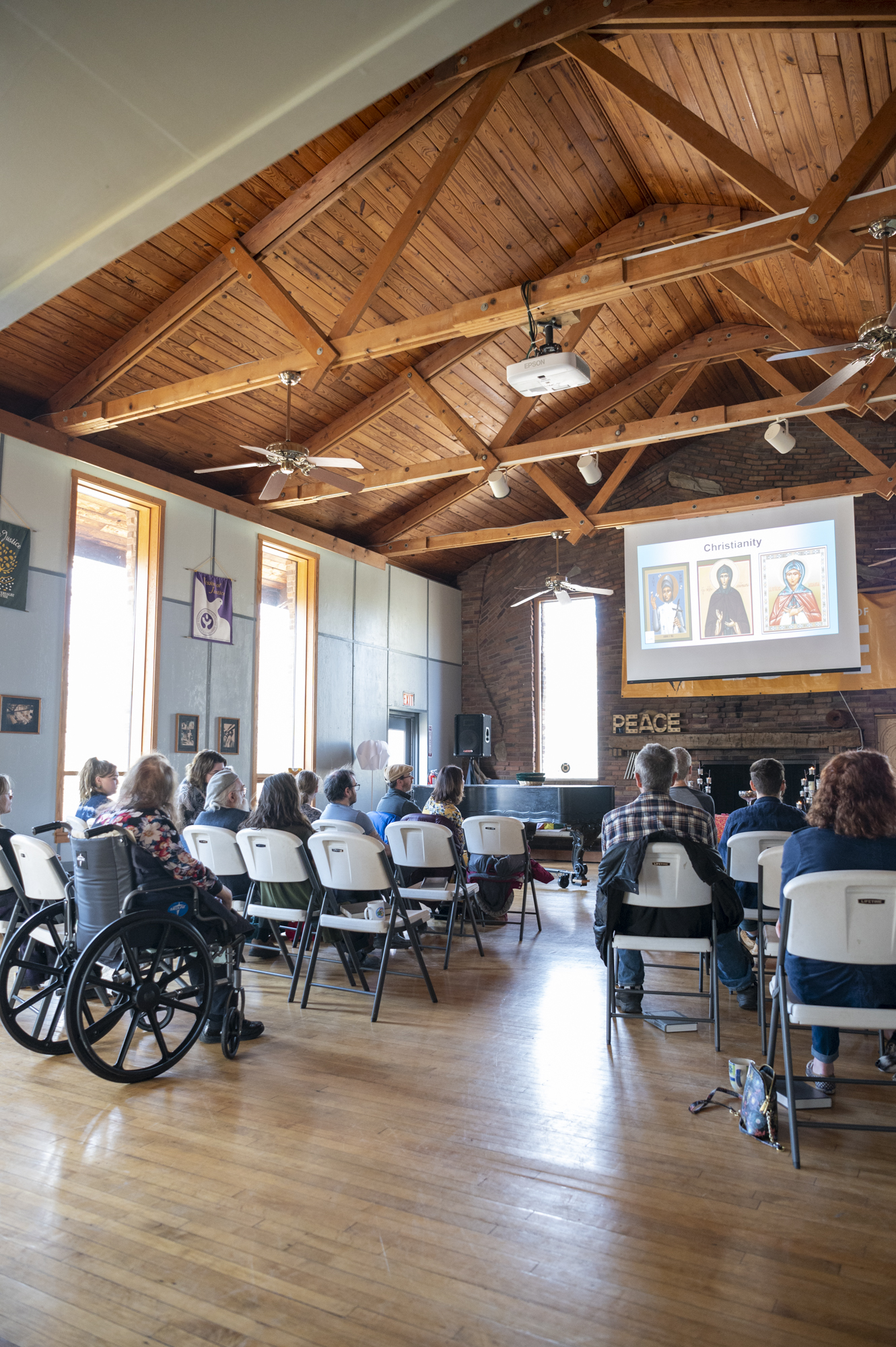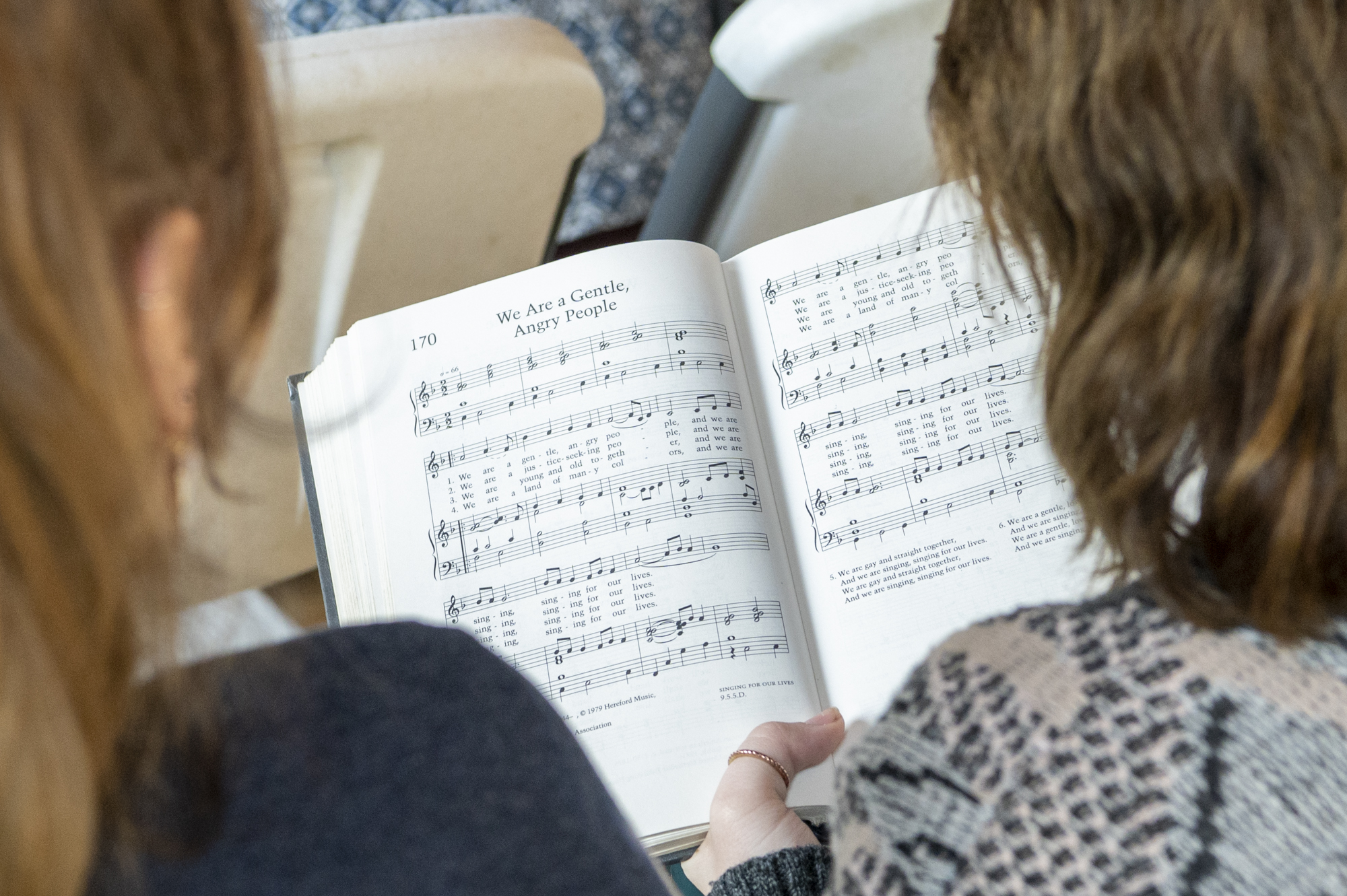KEEPING FAITH PRIVATE
Although she finds freedom in her faith, Harrison keeps her spiritual life private.
“I really pick and choose who I feel comfortable telling,” Harrison says, adding that she does not talk
about it at work for fear someone might misunderstand her intentions. She has lived in the area long
enough to know who she can and cannot speak to about expressing her faith, so she finds herself mainly
confiding in other Pagan community members.
“[In Athens], we are sort of a bubble and a microcosm and we do enjoy a lot of things that other
communities wouldn’t, but I think for the most part, [Paganism and Unitarian Universalism are] pretty
accepted,” Harrison says.
Unfortunately, not every community where Unitarian Universalist churches reside are as lucky or as safe.
In 2008, a man targeted a Unitarian Universalist Church in Tennessee because he believed the church
represented anti-American sentiments. The police affidavit reports the shooter saying he made his attack
because he disagreed with the “liberal teachings” of the church. Two people died and six people were
injured in the shooting.
“We feel pretty fortunate that we're in a community where we’re respected, but there's definitely a risk
with that just because of our current society,” Harrison says.




